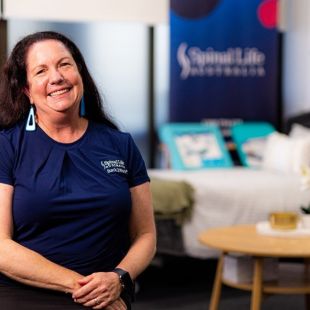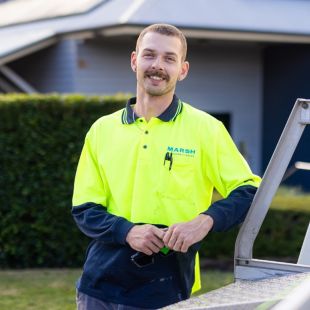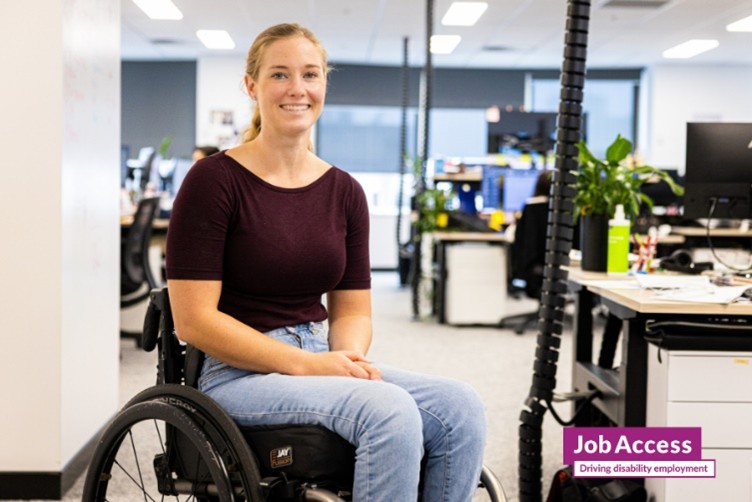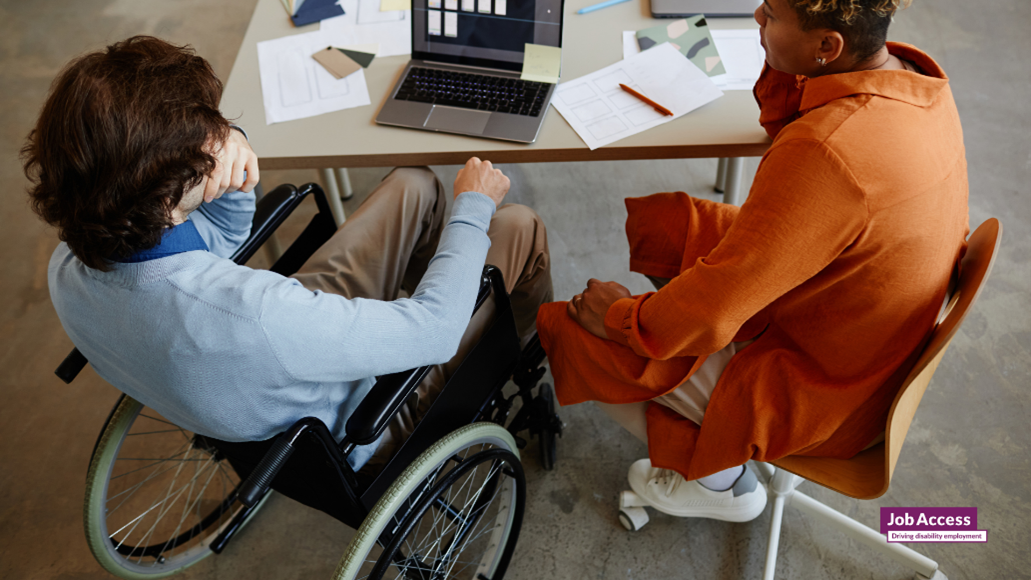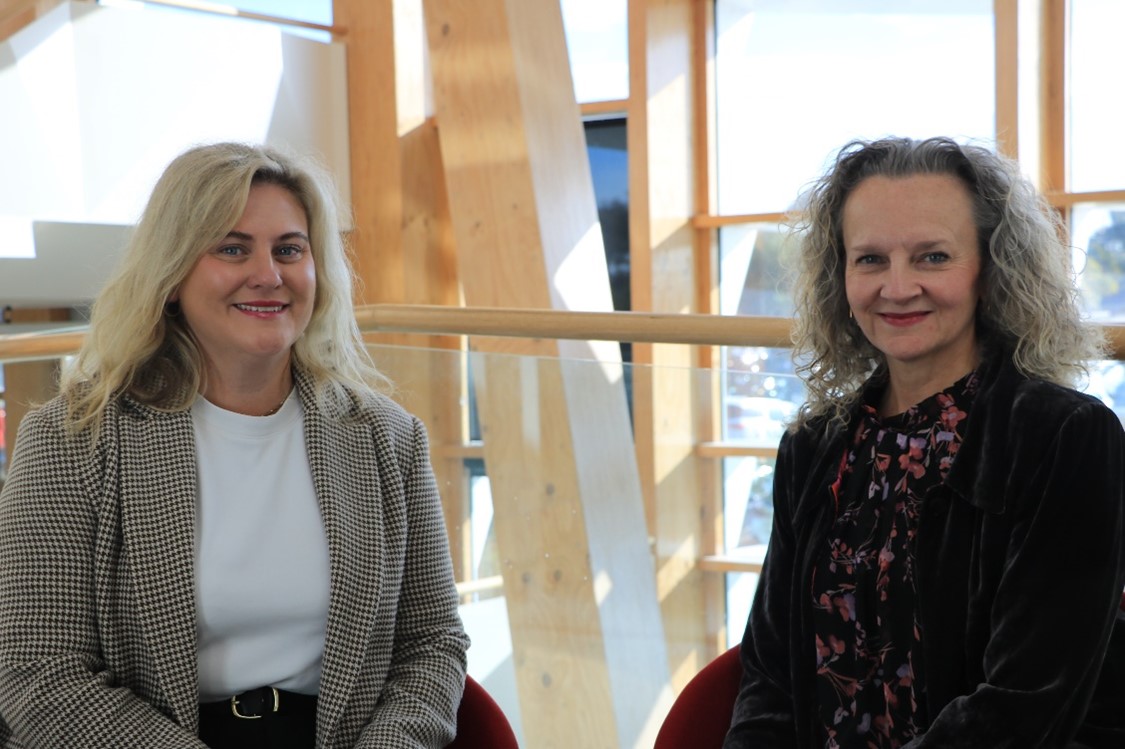Person in a wheelchair in an office space.
Searching for a job and career progression can be challenging enough without the added worry of sharing personal health information. Many people with disability wonder about their rights: Can an employer ask if I have a disability during the hiring process or while I'm employed?
In Australia, the short answer is, no.
Under the Disability Discrimination Act 1992, employers can't ask about your disability unless it directly affects your ability to do the job or creates a safety risk. They also can’t ask about your medical history, lifestyle, or personal information that isn’t relevant to your role.
JobAccess can help you understand your rights and know how to share information safely, so you can access the support you need to succeed at work.
Your right to privacy: What employers cannot ask
Australian anti-discrimination law sets clear boundaries for employers. You have the right to keep your disability private. If you choose to share this information, your employer must keep it confidential and cannot share it without your permission.
Employers and co-workers are legally restricted from asking about:
- Personal daily activities that don’t relate to your job or ability to perform work (for example, how you manage tasks at home or in your private life).
- General questions about your health or how your disability developed.
- Any offensive, inappropriate, or intrusive comments about your disability.
Your privacy and dignity are protected under Australian law.
When it becomes relevant.
Sharing a disability is always your choice. However, there are times when sharing information with your employer can help keep you safe and supported at work:
- If your disability affects how you perform your job.
- If your disability could impact your safety or the safety of others.
- If you require reasonable adjustments to do your job effectively.
You don’t have to share your disability if it doesn’t impact your work or safety.
What information do you need to share?
If you choose to share your disability, you only need to provide information that relates to your job:
- How your disability may affect your ability to perform essential job duties safely and effectively.
- Any medication, equipment, or supports that help you work safely.
You do not have to share medical or personal details that are not relevant to your job.
Focusing on what you need: The benefits of openness
Being open about your disability can help you access the support you need to thrive at work. Sharing this information allows employers to put reasonable adjustments in place, such as:
- Workplace modifications or assistive technology.
- Flexible working arrangements.
- Equipment or training to support your role.
JobAccess can help you and your employer access funding through the Employment Assistance Fund (EAF). This funding can support workplace modifications, assistive technology, equipment, or disability awareness training.
How JobAccess can help
We're a free and confidential government service for both employees and employers. We can help with:
- Identifying reasonable adjustments for your role.
- Providing advice on your rights and responsibilities.
- Connecting you with the National Disability Recruitment Coordinator for tailored recruitment guidance.
Contact us on 1800 464 800 to speak to our team or submit an online enquiry today.
For more guidance on discussing your disability at work visit: Talking about your disability at work | Job Access
